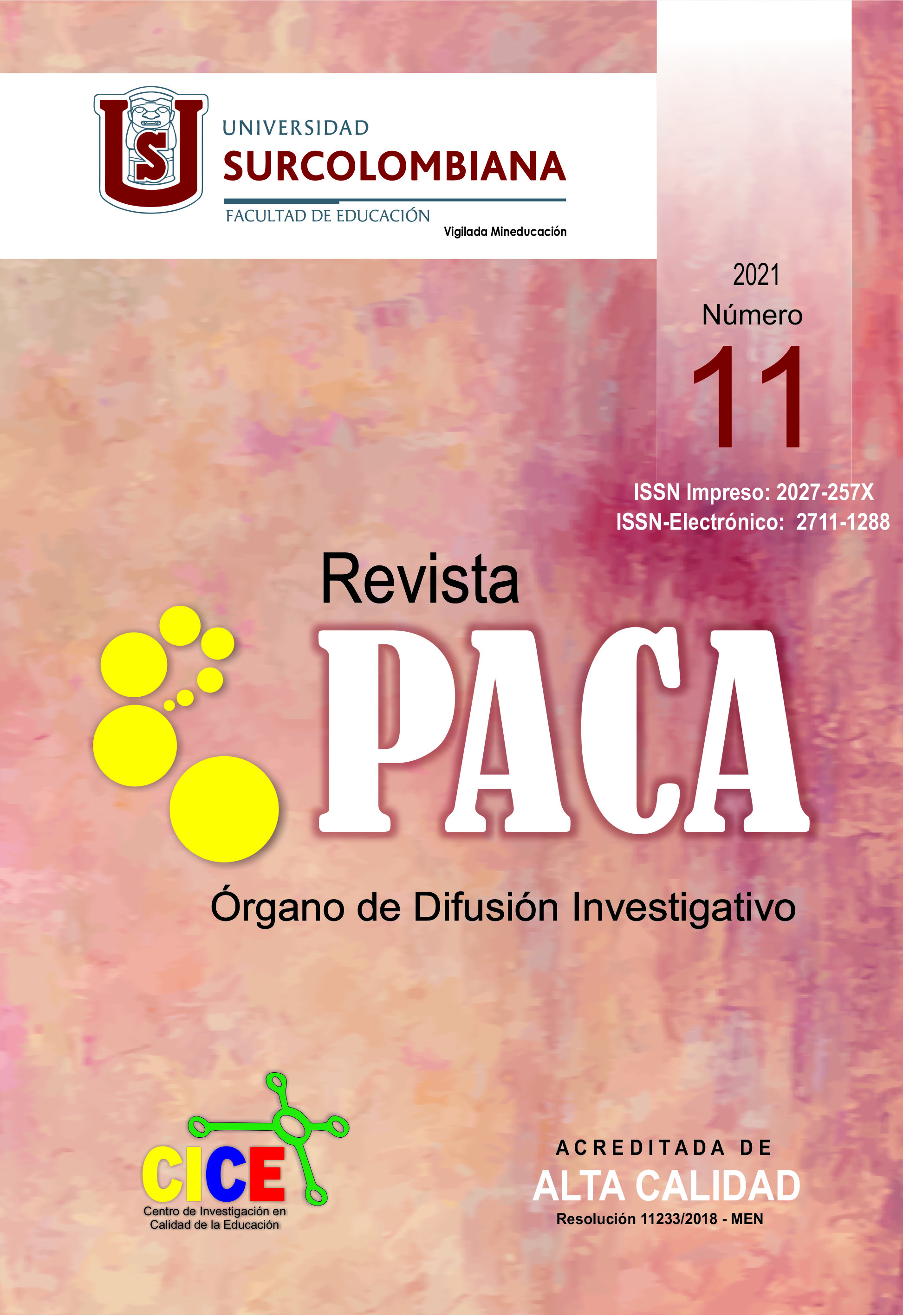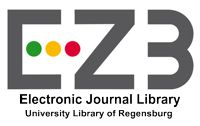The impact of the institutional educational project of INPEC on a group of post-convicted women
##plugins.themes.bootstrap3.article.main##
This research article exposes the main aspects of the systematization of experiences: the impact of the institutional educational project of INPEC on a group of post-sentenced women, as a means of reflecting on the relationship between prison education and the processes of resocialization. The general objective of this writing is to systematize an experience in the field of prison education to make visible and reflect on the impacts of the INPEC educational project on the qualification of a group of post-sentenced women. The type of research is approached through the socio-critical paradigm that is characterized by a continuous action-reflection-action, developed through the method of systematizing educational experiences. The main findings allow us to see that prison educational models are subject to a series of factors that influence organizational design, establishment, administration and governance. In addition, that the living conditions in a prison are among the main factors that determine the empowerment of the human being serving a sentence in that sense of self-esteem and dignity with which they are treated in the penitentiary center delimits the possibility of the PPL of be successful in the process of reintegrating into society as a law-abiding citizen.
Downloads
##plugins.themes.bootstrap3.article.details##
Español, S.W.F., Moreno, F.B. (2014). La educación en cárceles, una experiencia desde un establecimiento de reclusión. Hojas y Hablas, 11, 7-19.
Instituto Nacional Penitenciario – INPEC. (2019). Informe y boletines estadísticos. Recuperado de: https://www.inpec.gov.co/estadisticas/-/document_library/TWBuJQCWH6KV/view/49294.
Instituto Nacional Penitenciario –INPEC. (2019). Modelo educativo para el sistema penitenciario y carcelario colombiano. Bogotá: INPEC.
Jara, O. (2012). Sistematización de experiencias, investigación y evaluación: aproximaciones desde tres ángulos. Revista Internacional sobre Investigación en Educación Global y para el Desarrollo, 1, 56- 70.
Jara, O. (2019). La sistematización de experiencias: nuevas rutas para el quehacer académico en las universidades. Medellín; Divegráficas.
López, G. I. (2007). Co- construyendo un nuevo paradigma que haga emerger la vida: educación existencial, autobiografía y método. Revista Diálogos. Educación y formación de personas adultas, 1(2), 23-34.
Ramos, C. (2015). Los paradigmas de la investigación científica. Av. psicol, 23(1), 9-17.
Rosas, C, E. (2017). Análisis del modelo educativo implementado por el INPEC en la reclusión de mujeres de Bogotá, (Tesis de especialización). Bogotá; Universidad Militar Nueva Granada.
Sánchez, A., Rodríguez, L., Fondevila, G., Morad, J. (2018). Mujeres y prisión en Colombia, desafíos para la política criminal desde un enfoque de género. Bogotá; Fundación Cultural Javeriana de Artes Gráficas – Javegraf.
Schneider, G., (2018). De la educación en cárceles de Argentina y España. Entre el enfoque de derechos y el tratamiento penal. Revista de Estudios Marítimos y Sociales, 1, 10-23.
































